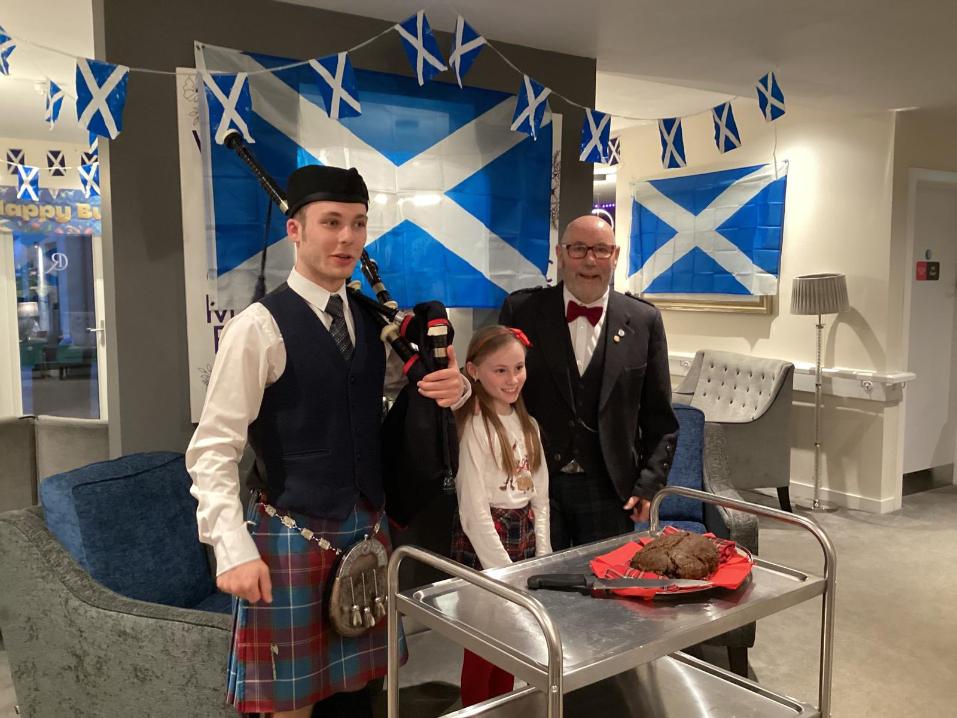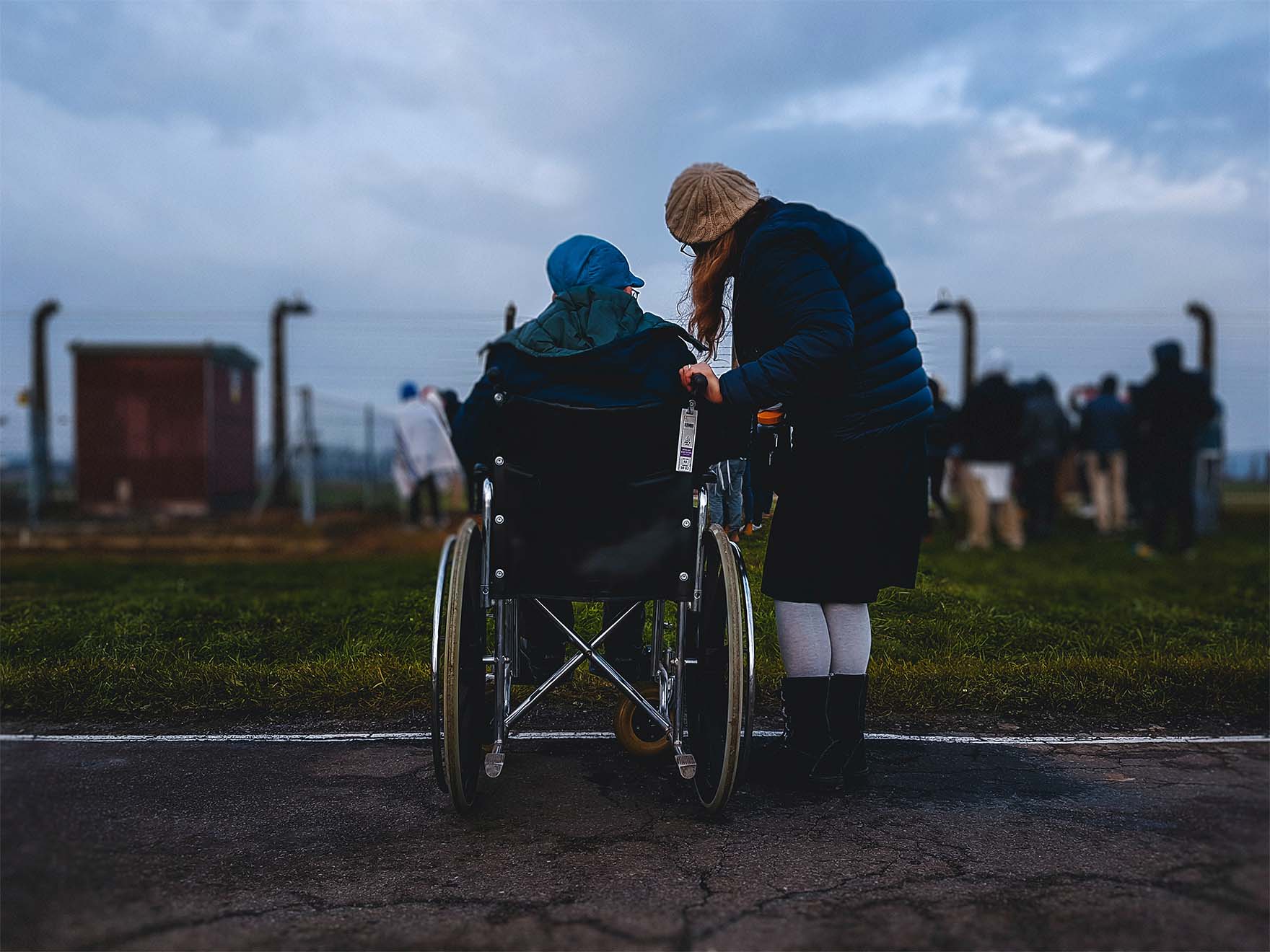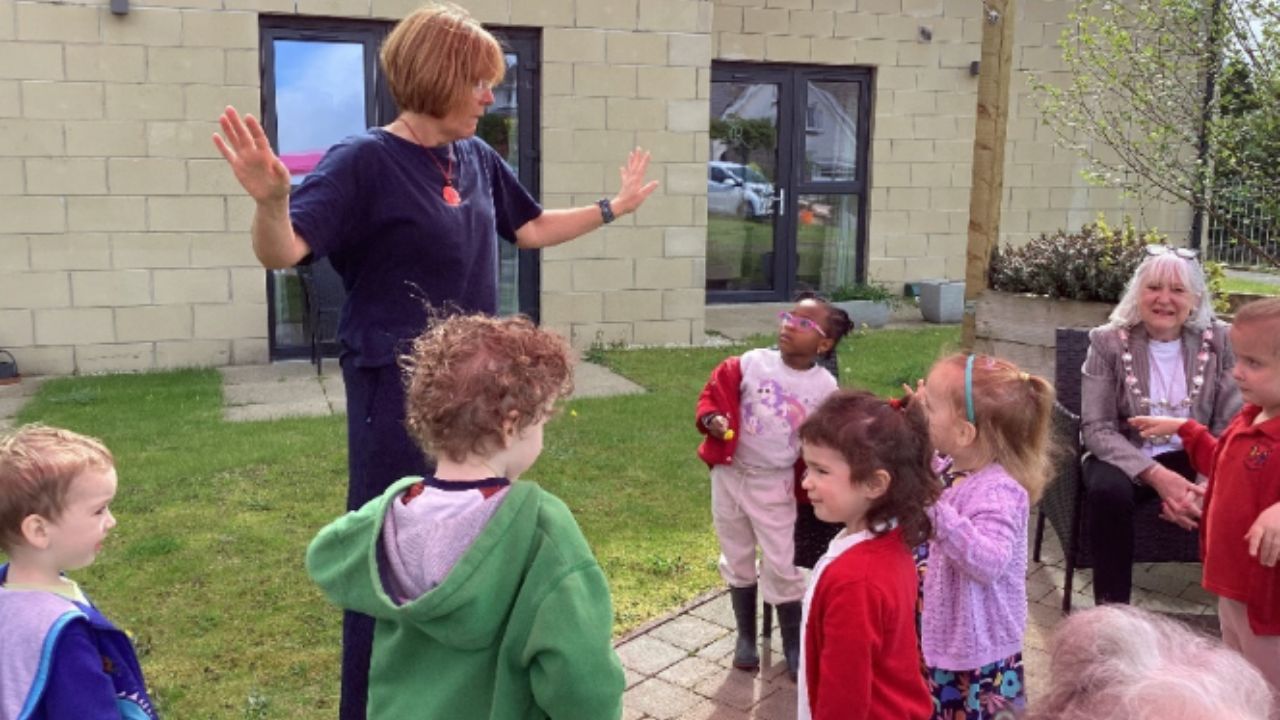What is Palliative Care in the UK?

When someone is living with a serious illness, managing symptoms and ensuring comfort is just as important as treatment itself. That’s where palliative care comes in. It’s a specialised type of care that helps relieve pain, discomfort and the emotional stress that can come with a long-term or life-limiting condition.
The focus of palliative care is on improving the quality of life, not just for the person receiving care but also for their family. It’s not about giving up on treatment. In fact, palliative care is often provided alongside curative treatments, helping to ease symptoms and make daily life more comfortable. Palliative care is based on a person’s individual needs rather than their prognosis. This means support is tailored to what matters most to them, whether that’s pain management, emotional wellbeing or practical guidance for their loved ones. A dedicated team of healthcare professionals, including doctors, nurses and specialist carers, works together to provide the right care at the right time, ensuring their comfort and dignity and support every step of the way.
Benefits of Palliative Care
Palliative care makes a real difference to people living with a life-limiting illness by helping to ease symptoms and reduce stress. It’s about improving quality of life, making each day as comfortable and fulfilling as possible. One of the key benefits of palliative care is that it works alongside other treatments, not instead of them. For example, if someone is receiving chemotherapy or radiotherapy, palliative care can help manage side effects like nausea, fatigue or pain, making treatment more manageable and effective.
Palliative care is provided by a team of specialists who understand the challenges that come with serious illness. This might include doctors trained in palliative medicine, clinical nurse specialists and other healthcare professionals who work together to provide the right level of support. By taking a holistic approach, palliative care helps with physical symptoms and offers emotional and practical support to both patients and their families.


Personalised Care Services
Palliative care is never a one-size-fits-all approach. Every person’s needs are different, which is why care is tailored to suit each individual, ensuring they get the right support at the right time. A dedicated palliative care team will often include a consultant in palliative medicine, clinical nurse specialists and staff nurses, all working together to provide the best possible care. Depending on a person’s needs, the team may also include doctors, occupational therapists, physiotherapists and other specialists who can offer additional support.
This holistic approach goes beyond just managing physical symptoms. Palliative care also supports emotional wellbeing, helping individuals and their families navigate the challenges that come with a serious illness. Whether it’s controlling pain, easing anxiety or simply providing reassurance, the goal is always to enhance quality of life.
Life, Care and Support
A dedicated team works closely with the wider health and social care network to ensure individuals receive the right level of care. Whether that’s regular visits from specialist nurses, help from carers or guidance from doctors and therapists, palliative care is designed to fit around a person’s needs.
Support is not just medical. Palliative care teams also offer emotional and spiritual guidance, helping individuals and their families cope with the worries that often come with a serious illness. This can be through in-person visits or virtual support, ensuring help is always available when it’s needed most. From managing practical concerns to providing reassurance and companionship, palliative care is there to offer comfort and peace of mind at every stage.
Finding Palliative Care Services
Palliative care is available at any stage of a serious illness, not just in the final weeks or months. If you or a loved one could benefit from extra support in managing symptoms, improving comfort or coping with the emotional challenges of illness, it’s never too early to explore your options.
One of the best places to start is by speaking to your GP. They can help you understand what services are available locally and guide you through the next steps. If you need extra support at home, your GP can also advise on night-time care and other specialist services that might be helpful. There are also online resources to help you find palliative care services near you. Whether care is provided at home, in a hospice or within a residential setting, the focus remains the same—supporting comfort, dignity and quality of life.
End of Life Care
End of life care is about ensuring that a person’s final months, weeks or days are as comfortable and dignified as possible. It focuses on supporting individuals to live well for as long as they can while making sure they receive the care they need in a way that respects their wishes.
An important part of end of life care is understanding what matters most to the person receiving it. Care providers should take the time to listen, ask about personal preferences and tailor care accordingly. Whether that means managing pain, providing emotional support or simply ensuring a familiar routine, the aim is always to make this time as peaceful and personal as possible.
End of life care also extends to family and loved ones, offering emotional and practical support during a difficult time. Whether through counselling, respite care or simply being there to provide reassurance, the right support can make a real difference. Everyone has the right to choose where they receive care, whether that’s at home, in a care home, a hospice or a hospital. The most important thing is that care is delivered with kindness, compassion and respect, ensuring that individuals and their families feel supported every step of the way.
Treatment Options and Decision-Making
Making decisions about treatment can feel overwhelming, especially when living with a serious illness. Palliative care teams are there to offer guidance, help people explore their options and choose the care that's best for them. Palliative care is about ensuring that all healthcare professionals involved in a person’s care understand their preferences. Whether it’s managing symptoms, continuing with certain treatments or focusing on comfort, the team works to make sure care is personalised and in line with what matters most to the individual. By having open and honest conversations, palliative care teams give patients and their families more control over decision-making. They provide clear information about treatment choices, explain potential benefits and risks, and help individuals make informed decisions with confidence.
Getting the Most from Palliative Care
Palliative care isn’t just for the final stages of an illness, it can be introduced at any point to help manage symptoms and offer emotional support. In fact, the earlier palliative care is in place, the greater the benefits. It can ease discomfort, improve quality of life and help individuals feel more in control of their care. If you have questions about your treatment plan, are struggling with symptoms or feel you need extra support, it might be the right time to consider palliative care. It doesn’t mean stopping other treatments. Instead, it works alongside them, ensuring that care is focused on what matters most to you.


Palliative Care in Stirling
No matter your age or diagnosis, palliative care can help you live as well as possible for as long as possible. Whether provided at home, in a care home or within a hospital setting, the focus remains on supporting individuals with compassion, respect and the right level of care for their needs.
At Roselea Care Home in Stirling, we provide personalised palliative care in a warm and supportive environment. Our experienced team is here to offer comfort and guidance, ensuring that every resident receives the care they deserve. If you’d like to learn more about our approach to palliative care or discuss how we can support you or a loved one, please get in touch—we’re here to help.





